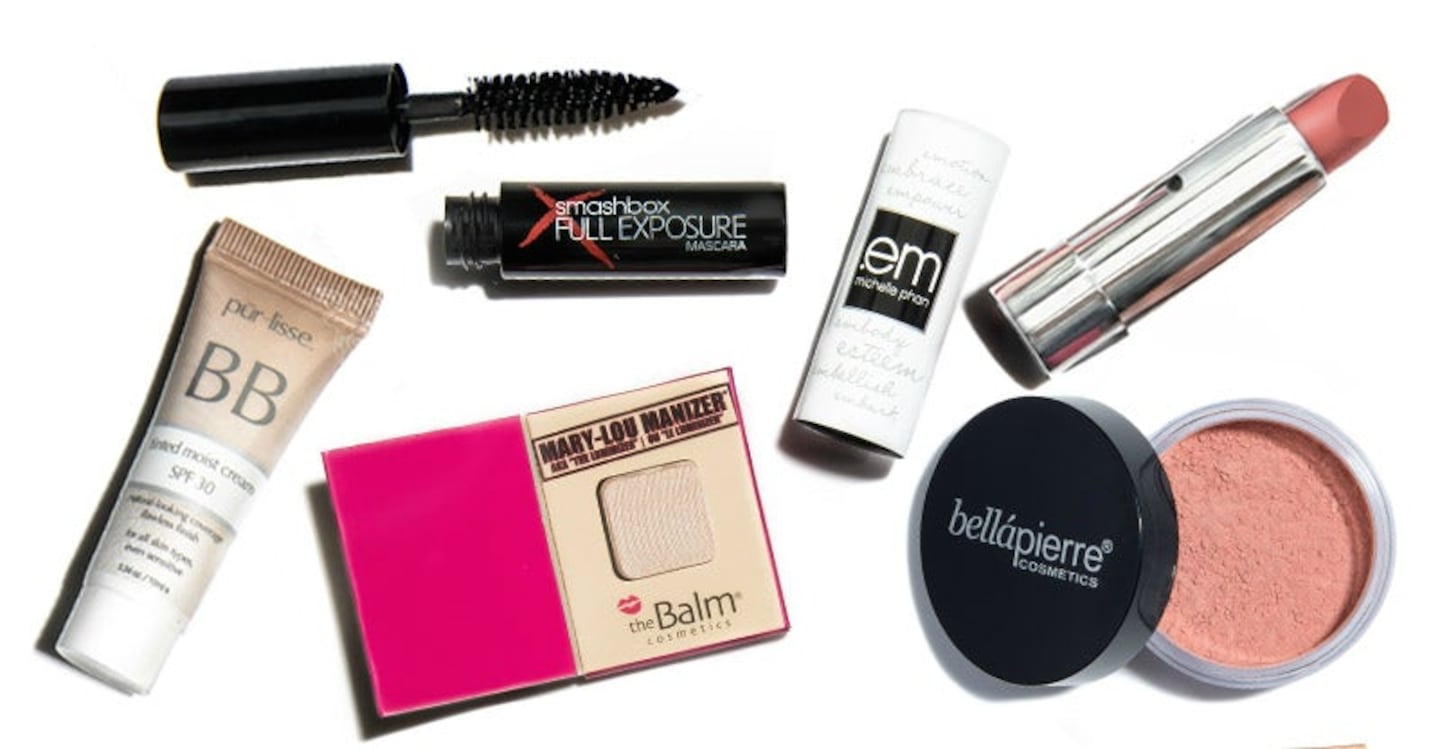
The Business of Fashion
Agenda-setting intelligence, analysis and advice for the global fashion community.

Agenda-setting intelligence, analysis and advice for the global fashion community.

NEW YORK, United States — Beauty subscription service Ipsy is growing fast, and its top executive says there are no plans to sell it to the cosmetics giants that have been snapping up promising companies across the industry.
Ipsy’s business has reached $500 million in annualised revenue, the company disclosed, more than tripling in size since 2015, thanks to its popular “glam bag” service hyped by beauty influencers and bloggers. Each month, its 3 million members pay a fee and receive a pouch with five product samples — such as satin eyeshadow or hydrating primer — from smaller, up-and-coming brands. It also sells full-sized items on its e-commerce site.
The company, which does business as Personalized Beauty Discovery Inc., has garnered interest from buyers, Chief Executive Officer Marcelo Camberos said in an interview. Last year, Bloomberg reported that the business was exploring options for an exit and could fetch about $2 billion if sold, according to people familiar with the matter.
“I really don’t think that a sale is something we will do,” said Camberos, who also co-founded the company. “It’s certainly not something we’re focused on at the moment.”
ADVERTISEMENT
However, he wouldn’t comment on the possibility of an initial public offering or any efforts to secure additional private financing. Among the first influencer-fuelled businesses to go public was clothing retailer Revolve Group Inc. in June. Ipsy last raised funds in 2015, when TPG Growth and Sherpa Capital led a $100 million round. Ipsy says it has doubled its active subscriber base since then and the business is profitable.
Buying Spree
The world’s biggest cosmetics companies have been on a shopping spree in recent years, spending billions on hot beauty brands. L’Oreal SA acquired several in the past three years, including hair colour label Pulp Riot and IT Cosmetics. Estée Lauder bought fragrance brand By Kilian and Becca Cosmetics in 2016, then spent $1.45 billion to bring aboard makeup brand Too Faced. Unilever spent about $500 million for Japanese skincare label Tatcha in June.
Longtime beauty subscription rival Birchbox sold a majority stake to one of its own investors, Viking Global, in 2018 after a deal with shopping channel QVC fell through. Birchbox said it had more than 2.5 million subscribers at the time.
Ipsy was founded in 2011 by YouTube star Michelle Phan, Jennifer Goldfarb and Camberos, and used social influencers to attract new members as the subscription box craze began. These days, there are multitudes of companies sending out thousands of boxes monthly, shipping everything from craft beer to stationery. Phan left the company a few years ago to focus on her own cosmetics label and no longer owns a stake in the company.
The company has made several tweaks to its business model over the past year. It started offering two additional types of subscriptions, priced at $25 and $50 a month, for full-size products. This October, it will raise the price of its lowest-tier membership to $12 from $10 a month — to the dismay of some customers and beauty bloggers. Camberos said the price hike was “just necessary,” as the company invests in more personalisation and better merchandise.
There are also plans to expand Ipsy outside the US and Canada, the only two markets where it’s currently available, Camberos said, though he wouldn’t share which countries the company is considering.
By Kim Bhasin; Editors: Anne Riley Moffat, Lisa Wolfson, Rob Golum
How not to look tired? Make money.
In a rare video this week, the mega-singer responded to sceptics and gave the public a look at what her beauty founder personality might be.
Request your invitation to attend our annual gathering for leaders shaping the global beauty and wellness industry.
Excitement for its IPO is building, but in order to realise its ambitions, more acquisitions and operational expenses might be required.